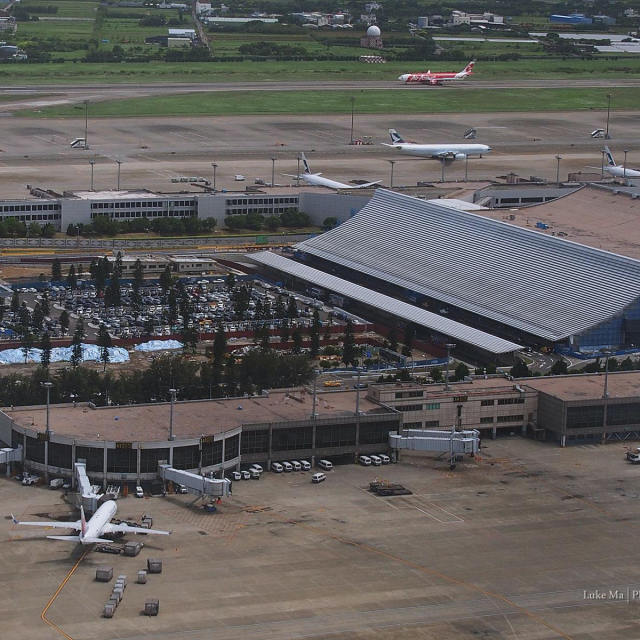The European Commission has today approved a package on tourism and transport giving clarity on passenger rights whilst supporting both sectors to overcome the COVID-19 crisis.
Commenting on the package Transport and Tourism Committee Chair Karima Delli (Greens/EFA, FR) said, “The Commission’s package on tourism and transport is a great example of addressing together the current and upcoming challenges in sectors that have been heavily hit in the pandemic.”
“The package presented today is historic: the Commission took the first steps towards a coordinated European approach on tourism – a real EU tourism strategy, which is needed now more than ever. We need a long-term vision that is smart and sustainable, with a dedicated budget line as well as a mechanism to manage crises.”
“Parliament’s Transport and Tourism Committee MEPs remain strongly committed to EU recovery plans and are happy to contribute to organising the European Tourism Summit in September. We should use this crisis to redesign tourism across the EU. Tourism must become sustainable and responsible. Supporting local tourism should be a matter of priority.”
“On passenger rights, I welcome the recommendation on vouchers and reimbursements. Consumers cannot be doubly victimised by this crisis and have to be able to choose freely between reimbursements and attractive vouchers.”
“Last but not least: reopening the borders should be possible only if the public authorities have made sure the risk of a new wave of COVID-19 cases is low. Once borders reopen, there cannot be any discrimination to free movement and the process has to be based on clear criteria. Reopening borders only between certain areas solely for economic gain will be unacceptable.”

Commissioner Vestager has said that in respect of consumer rights, the European Commission has written to 12 Member States indicating that they must respect the right of citizens to be offered a full reimbursement of fares for cancelled flights, or vouchers on attractive terms for replacement. If there are infringements of EU law being committed, then steps will be taken to launch infringement processes.
The Commission communication is certainly a good step in the right direction, but there are still questions over how member states may assess whether the level of infection is sufficiently low to open their borders internally to permit travel, and not to require quarantine. The Commission has also not yet made a decision on opening up the EU’s external borders to international tourists. So it is still too early for many citizens to plan their summer holidays. It would be highly desirable in the interest of good communications for the Commission to continue to coordinate the positions of member states and to plan a further public communication in early June so that citizens can make informed decisions about any travel arrangements.




